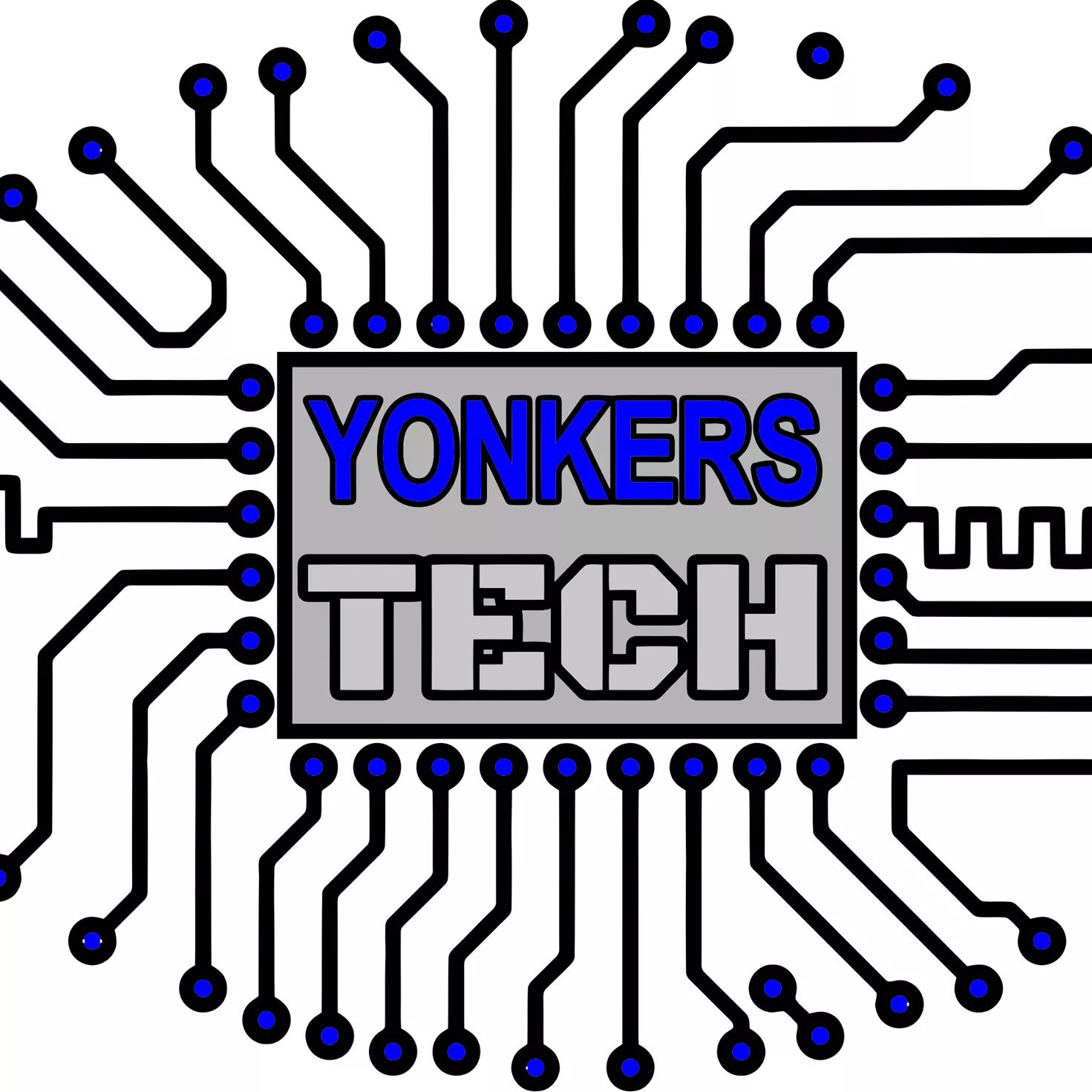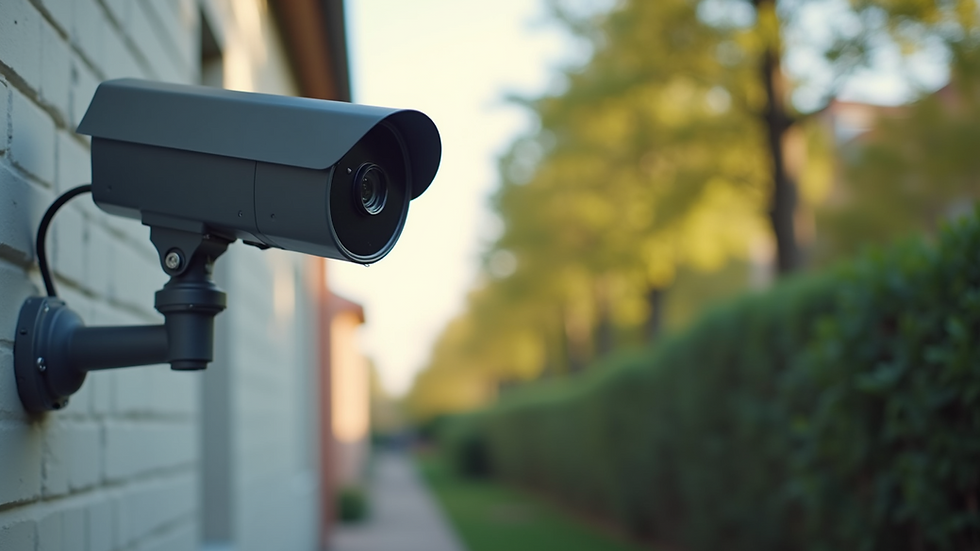Reliable Security Systems for Every Need
- Yonkers Tech

- Oct 28, 2025
- 4 min read
In today’s world, ensuring the safety of your home, business, or property is more important than ever. Reliable security systems provide peace of mind by protecting what matters most. Whether you are looking for basic surveillance or advanced monitoring, there are options tailored to fit every requirement and budget. This article explores the different types of security systems, their benefits, and practical advice on choosing the right one for your needs.
Understanding Reliable Security Systems
Reliable security systems are designed to detect, deter, and respond to potential threats effectively. They combine technology and strategic placement to create a secure environment. These systems can include alarms, cameras, motion detectors, and access control devices. The key to reliability lies in the system’s ability to function consistently without false alarms or failures.
For example, a well-installed CCTV system with night vision cameras can monitor your property 24/7, capturing clear footage even in low light. Similarly, smart locks and sensors can alert you instantly if someone tries to enter your home without permission. The integration of these components ensures comprehensive coverage.
When selecting a reliable security system, consider factors such as:
Coverage area: How much space needs protection?
Type of threats: Are you concerned about burglary, fire, or vandalism?
Connectivity: Do you want a wired or wireless system?
Monitoring: Will you monitor it yourself or use professional services?

Types of Reliable Security Systems
There are several types of security systems available, each suited for different environments and needs. Understanding these options helps you make an informed decision.
1. Burglar Alarm Systems
These systems use sensors on doors and windows to detect unauthorized entry. When triggered, they emit a loud alarm to scare off intruders and notify occupants. Some alarms are connected to monitoring centers that alert authorities automatically.
2. Surveillance Cameras
CCTV cameras provide visual monitoring and recording. They can be placed indoors or outdoors and often include features like motion detection, night vision, and remote viewing via smartphones.
3. Access Control Systems
These systems restrict entry to authorized individuals using keycards, biometric scanners, or PIN codes. They are common in offices and commercial buildings to prevent unauthorized access.
4. Fire and Carbon Monoxide Detectors
Integrated into security systems, these detectors alert occupants to dangerous conditions, enhancing overall safety.
5. Smart Home Security Systems
These combine various devices into a connected network controlled via apps. They offer convenience and real-time alerts, making them popular for residential use.
Choosing the right system depends on your specific security needs and environment. For instance, a small retail store might prioritize access control and cameras, while a homeowner may focus on alarms and smart devices.
What is the average cost of installing a home security system?
The cost of installing a home security system varies widely based on the type of system, features, and installation complexity. On average, homeowners can expect to pay between $300 and $1,500 for equipment and installation.
Here’s a breakdown of typical costs:
Basic alarm system: $300 - $500
Surveillance cameras: $500 - $1,000
Smart home security packages: $600 - $1,500
Professional monitoring services: $20 - $50 per month
Installation fees may vary depending on the provider and the number of devices. Some companies offer DIY kits that reduce upfront costs but require personal setup.
It’s important to balance cost with quality and reliability. Cheaper systems may lack essential features or durability, while premium systems offer advanced technology and better support.
How to Choose the Best Security System for Your Needs
Selecting the best security system involves assessing your property, lifestyle, and budget. Here are practical steps to guide your decision:
Evaluate your property’s vulnerabilities
Walk around your home or business to identify entry points and blind spots. This helps determine where cameras and sensors should be placed.
Decide on monitoring preferences
Choose between self-monitoring via smartphone alerts or professional monitoring services that notify authorities.
Consider integration with existing devices
If you have smart home devices, look for systems compatible with your current setup.
Check for scalability
Opt for systems that allow adding more components as your needs grow.
Read reviews and seek recommendations
Research brands and providers to ensure reliability and customer support.
Request a professional assessment
Many companies offer free consultations to tailor a security plan specific to your property.
By following these steps, you can find a system that offers effective protection without unnecessary features or costs.

Enhancing Security with Professional Services
While many security systems can be installed and managed independently, professional services add an extra layer of protection. Companies specializing in security solutions provide expert installation, ongoing maintenance, and 24/7 monitoring.
Benefits of professional services include:
Expert installation ensuring optimal device placement and system configuration.
Regular maintenance to prevent malfunctions and false alarms.
Immediate response to alarms, reducing response time in emergencies.
Access to advanced technology and updates.
For businesses, professional security services can also include risk assessments and compliance with industry regulations. For homeowners, they offer peace of mind knowing that help is just a call away.
Future Trends in Security Systems
Security technology continues to evolve rapidly, offering smarter and more efficient solutions. Some emerging trends include:
Artificial Intelligence (AI): AI-powered cameras can recognize faces, detect unusual behavior, and reduce false alarms.
Cloud Storage: Storing footage in the cloud allows easy access and prevents loss due to device damage.
Integration with IoT: Internet of Things devices enable seamless control of security, lighting, and environmental sensors.
Mobile-first design: Enhanced apps provide real-time alerts and remote control from anywhere.
Biometric authentication: Fingerprint and facial recognition improve access control security.
Staying informed about these trends can help you upgrade your system as new technologies become available.
Taking the Next Step Toward Security
Investing in reliable security systems is a proactive way to protect your property and loved ones. By understanding the options, costs, and benefits, you can make a confident choice that fits your unique needs. Whether you prefer a simple alarm or a fully integrated smart system, the right security setup enhances safety and peace of mind.
Explore professional security solutions to find tailored options and expert support. Taking action today ensures a safer tomorrow.




Comments